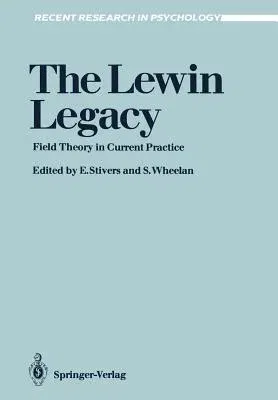The Lewin Legacy: Field Theory in Current Practice (Softcover Reprint of the Original 1st 1986)Paperback - Softcover Reprint of the Original 1st 1986, 1 June 1986

Qty
1
Turbo
Ships in 2 - 3 days
In Stock
Free Delivery
Cash on Delivery
15 Days
Free Returns
Secure Checkout
Part of Series
Recent Research in Psychology
Part of Series
Lecture Notes on Coastal and Estuarine Studies
Print Length
282 pages
Language
English
Publisher
Springer
Date Published
1 Jun 1986
ISBN-10
0387963529
ISBN-13
9780387963525
Description
Product Details
Book Edition:
Softcover Reprint of the Original 1st 1986
Book Format:
Paperback
Country of Origin:
US
Date Published:
1 June 1986
Dimensions:
24.41 x
16.99 x
1.63 cm
ISBN-10:
0387963529
ISBN-13:
9780387963525
Language:
English
Location:
New York, NY
Pages:
282
Publisher:
Weight:
485.34 gm

